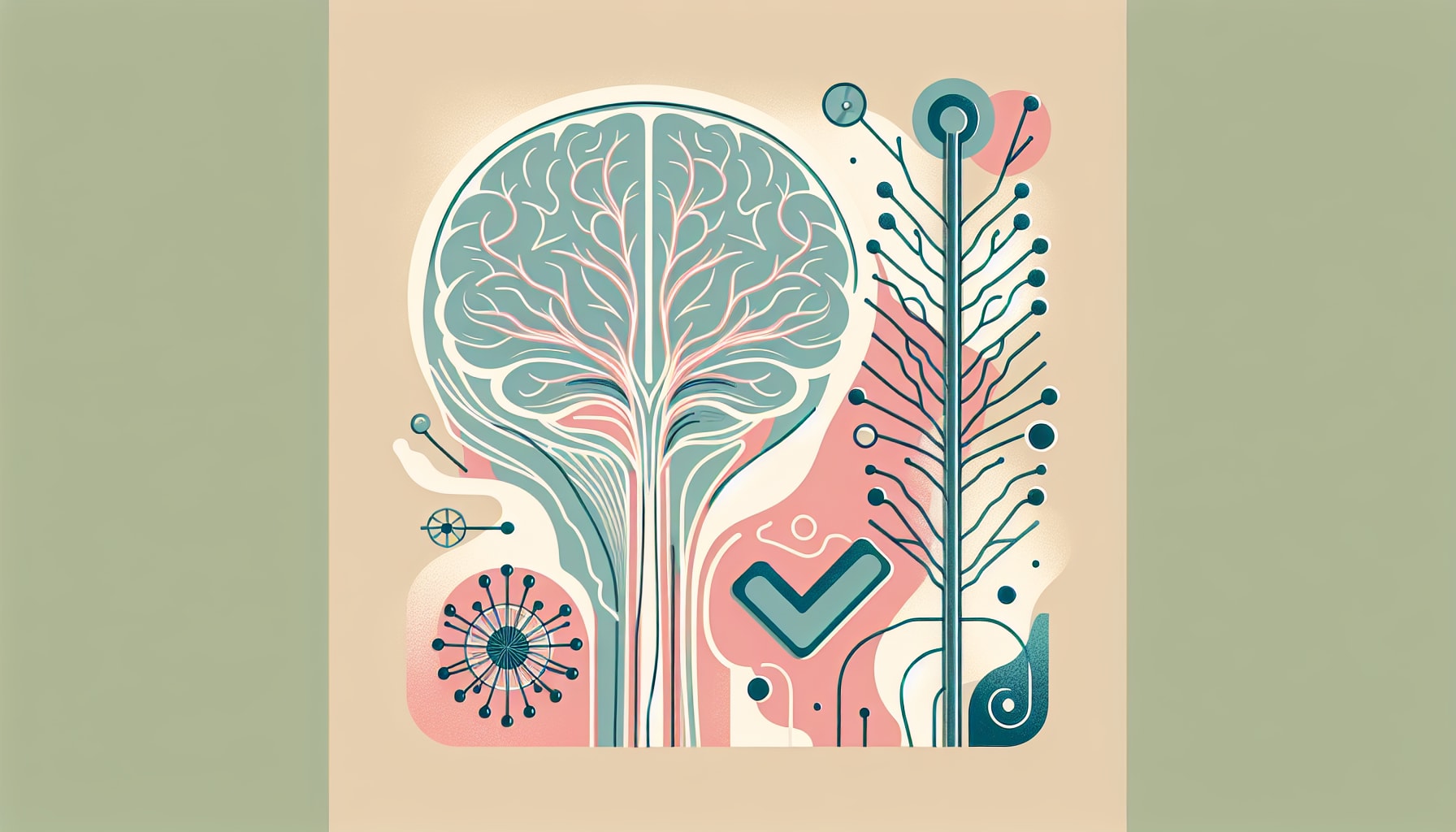Nervous System Check-In
Learn How Your Body Responds to Stress and Safety
This quiz helps you identify your nervous system patterns, how you respond to stress or safety, and gives insight into which somatic practices could help you feel more balanced and resilient.
Instructions / Steps:
-
10–12 self-reflective questions rated 1–5 (Never → Always)
-
Scoring identifies your dominant nervous system state: Ventral Vagus (safe/social), Sympathetic (fight/flight), Dorsal Vagus (freeze/shutdown)
-
Results include gentle, practical suggestions for balancing each state

How rested do you feel today?
How's your breathing right now?
What best describes your current mental state?
How's your body doing?
Any digestive issues today?
How are your thoughts?
What's your current heart rate like?
How's your emotional landscape?
Ventral Vagus / Safe & Social
You feel grounded, socially connected, and calm.
- You can self-soothe and navigate stress effectively.
High sensitivity to others’ needs may sometimes feel draining. - May overlook personal boundaries.
Somatic meditation, playful embodiment, and maintaining healthy boundaries help you deepen resilience and preserve energy while staying connected.
Reflection Prompts
-
Notice a moment today where you felt a shift in your nervous system. What triggered it? How did your body respond?
-
Choose one practice to try tomorrow (breathing, gentle movement, grounding exercise) and observe the effect on your nervous system state.
-
Consider how your dominant pattern shows up in relationships, work, or daily life.
Optional Resources / Further Learning
-
Deb Dana – Polyvagal Theory in Practice
-
Stanley Rosenberg – Accessing the Healing Power of the Vagus Nerve
-
Somatic exercises: grounding, body scans, mindful movement
Sympathetic / Fight or Flight
You notice stress quickly and can mobilize energy effectively.
- Often ready to act when needed.
You may experience tension, anxiety, or irritability. - Can feel overstimulated or reactive.
Breathwork, body scans, and mindful pauses help you regulate energy and respond instead of react, improving clarity and self-control.
Reflection Prompts
-
Notice a moment today where you felt a shift in your nervous system. What triggered it? How did your body respond?
-
Choose one practice to try tomorrow (breathing, gentle movement, grounding exercise) and observe the effect on your nervous system state.
-
Consider how your dominant pattern shows up in relationships, work, or daily life.
Optional Resources / Further Learning
-
Deb Dana – Polyvagal Theory in Practice
-
Stanley Rosenberg – Accessing the Healing Power of the Vagus Nerve
-
Somatic exercises: grounding, body scans, mindful movement
Dorsal Vagus / Freeze
You can sometimes stay calm under stress.
- You may be reflective or cautious.
You may feel disconnected, numb, or stuck. - Low energy and motivation can make engagement challenging.
Gentle movement, grounding exercises, and slow breath work can help you reconnect with your body and feel safe in action. Even small daily practices build resilience.
Reflection Prompts
-
Notice a moment today where you felt a shift in your nervous system. What triggered it? How did your body respond?
-
Choose one practice to try tomorrow (breathing, gentle movement, grounding exercise) and observe the effect on your nervous system state.
-
Consider how your dominant pattern shows up in relationships, work, or daily life.
Optional Resources / Further Learning
-
Deb Dana – Polyvagal Theory in Practice
-
Stanley Rosenberg – Accessing the Healing Power of the Vagus Nerve
-
Somatic exercises: grounding, body scans, mindful movement